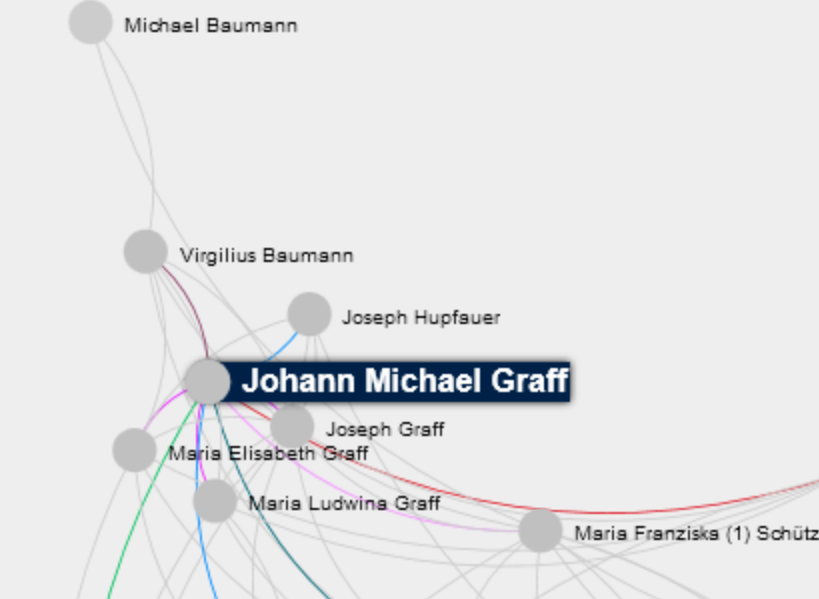Review of the year 2019

The year 2019 was a good year. We look back on many exciting discussions with our guest researchers, a smooth move to new premises and many events and innovations.
- Jan.
- Jan.
- 01.Feb.
- 1.March
- 1.April
- 1.April
- April
- 8.April
- 30.April
- 5.June
- 1.July
- 11.July
- 15.July
- 13.Sept.
- Oct.
- 29.Oct.
- 5.-6.Nov.
- 17.Dec.
-
New at the HB: Digital Humanities Lab
The year began with a brilliant start with the foundation of the Digital Humanities Lab at the University Library
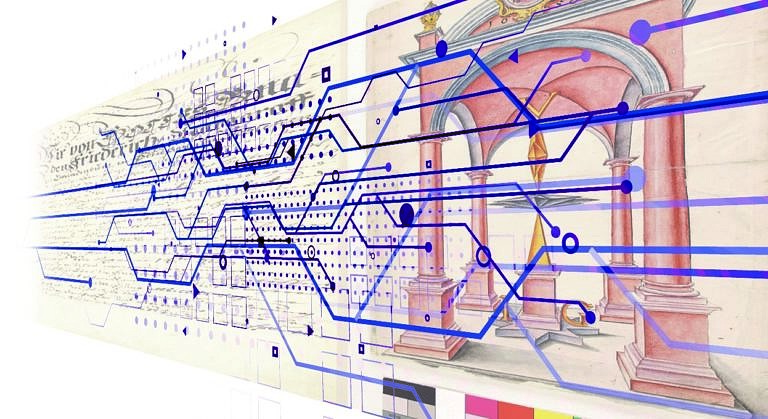
-
Going once, going twice, going three…
In the first “Project Auction” different ideas came under the hammer.
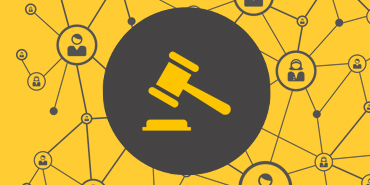
-
Arrival of the guest researcher Dr. Hafeez Anwar at the IZdigital
-
Workshop: Basics Markup Languages
In a workshop open to all FAU employees, Jörn Fahsel (Institute for Book Science) introduced participants to the depths of the markup languages
https://www.izdigital.fau.de/workshop-markup-languages/
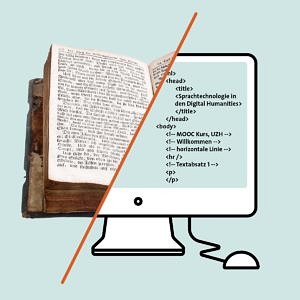
-
Project start from Iconographics
The interdisciplinary research project “Iconographics” is dedicated to innovative possibilities of digital image recognition for the arts and humanities. While in many cases computer vision is already able to identify individual objects or specific artistic styles in images, the project addresses the open problem of digitally accessing even more complex image structures and contexts.
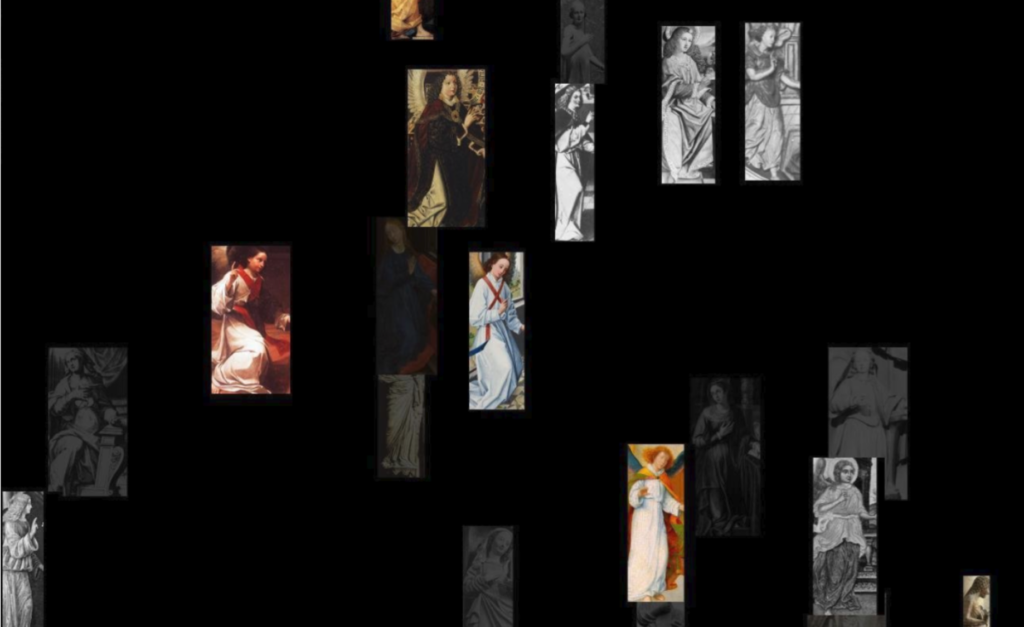
-
Arrival of the guest researcher Prof. Dr. Ricardo Rohm at IZdigital
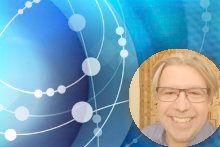
-
Excursion to the culture hackathon Coding da Vinci South
Students of the BA “Digital Humanities and Social Sciences” took part in a practical seminar at the culture hackathon. A report on the seminar can be found here: https://www.izdigital.fau.de/coding-da-vinci-exkursion/
Video Player00:0000:00 -
On the historical dimension of digital forensics: digital archives and
Source criticismDr. Thorsten Ries inspired us in his lecture about the importance and critical examination of digital forensic archive research.
https://www.izdigital.fau.de/ries-digitale-forensik/
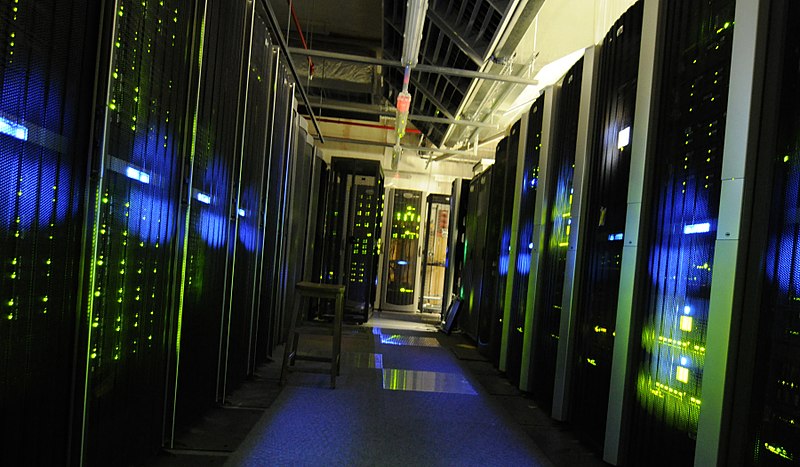
-
Libraries as Scholarly Makerspaces
Colleagues from Berlin reported on the research project “Future e-Research Support in the Humanities” and provided input for a lively debate.
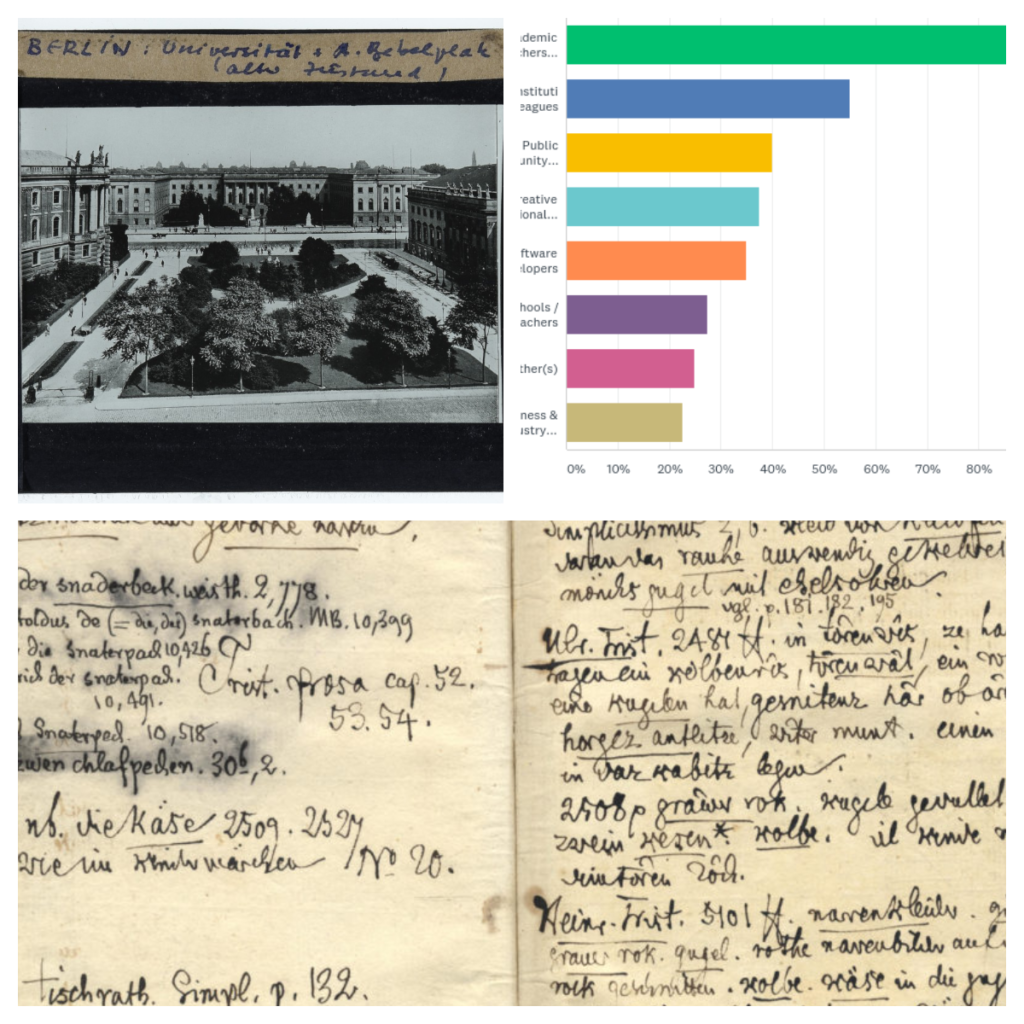
Collage from the working environment of the Scholarly Makerspaces at the HU Berlin, Source https://blogs.hu-berlin.de/furesh/ -
Moving to the new rooms
The IZdigital with the junior professorship for Digital Humanities and all its staff moved to Nägelsbachstraße. Despite the concept of the paperless office, the transporter was full.
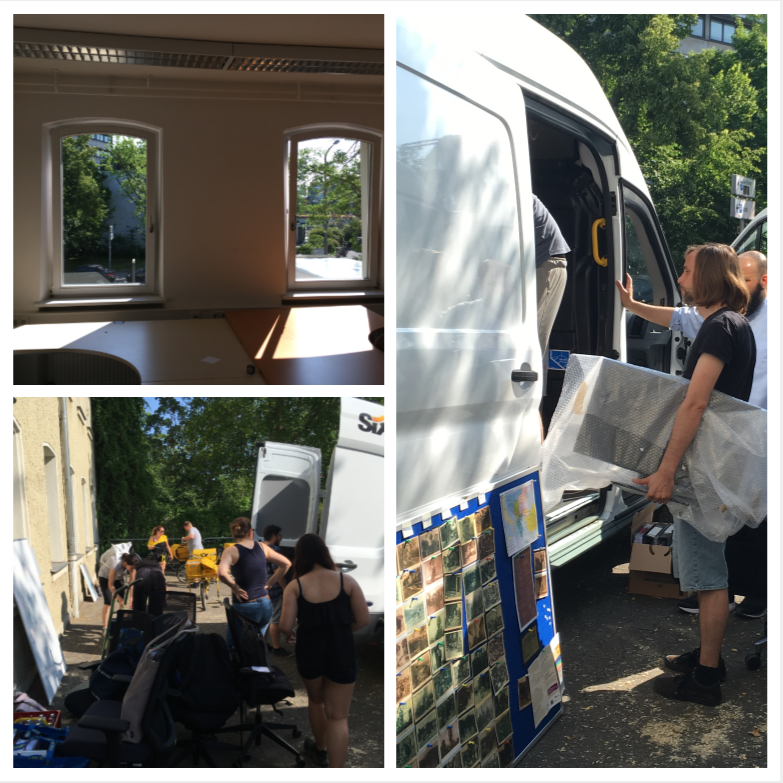
-
Lecture by Robert Feustel
Robert Feustel examined the history of knowledge from industrialization to digitalization and showed how in the so-called information age “information” has mutated to the Holy Spirit and has blurred the line between truth and lie: The most important thing is that they circulate as smoothly as possible and in real time. After all, the image of man is also caught in the maelstrom of digitalization. What distinguishes human thinking from the processing computer?
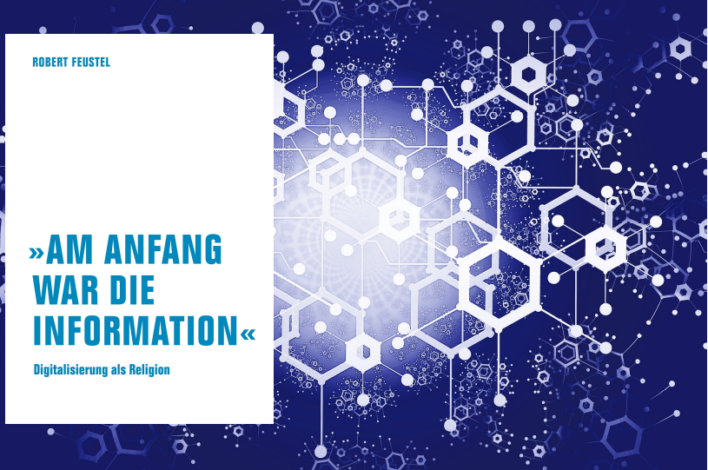
-
Ideas under the auction hammer
The second “Project Auction” took place at the TechFak in the southern area and the computer scientists were amazed by the Digital Humanities projects.

-
Workshop Wikipedia and Gender Issues
As part of the Nuremberg Digital Festival, the workshop discussed how to pave the way for a better representation of women on Wikipedia. Together, the participants discovered how to create and edit articles.
The workshop inspired so many people that an active WomenEdit Wikipedia group was founded in Erlangen: https://www.izdigital.fau.de/womenedit-erlangen/
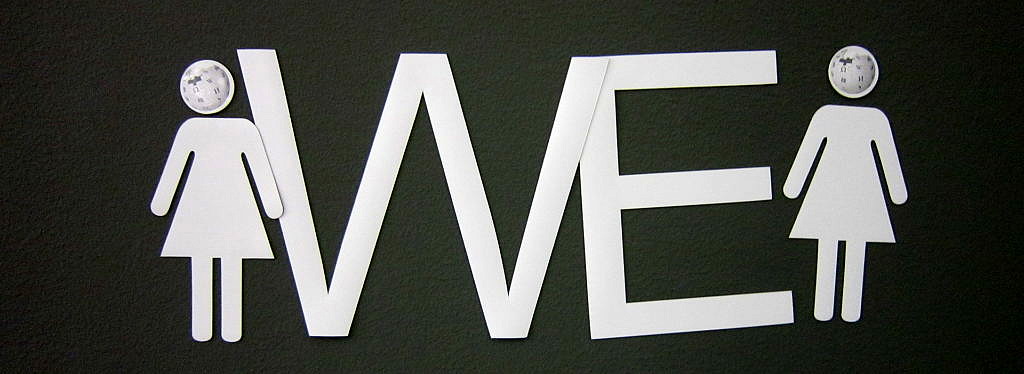
-
Start of the digital offensive
The FAU announces a total of 4 Open Topic Tenure Track Professorships in the field of Digital Transformation.
-
Lange Nacht der Wissenschaften
The Interdisciplinary Centre for Humanities and Social Sciences can look back on a successful participation in the Long Night of the Sciences: A total of over 900 visitors listened to the lectures and visited the information booths.
Review under https://www.izdigital.fau.de/lndw-rueckblick-2019/
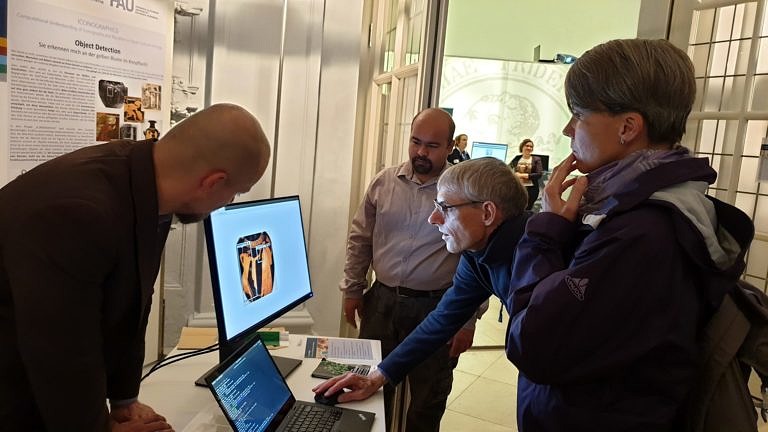
-
Continuation of the tech talks series
The public lecture series “tech talk – Insights into the digital transformation” is entering its second round. Again, scientists will be available to answer questions from interested listeners.
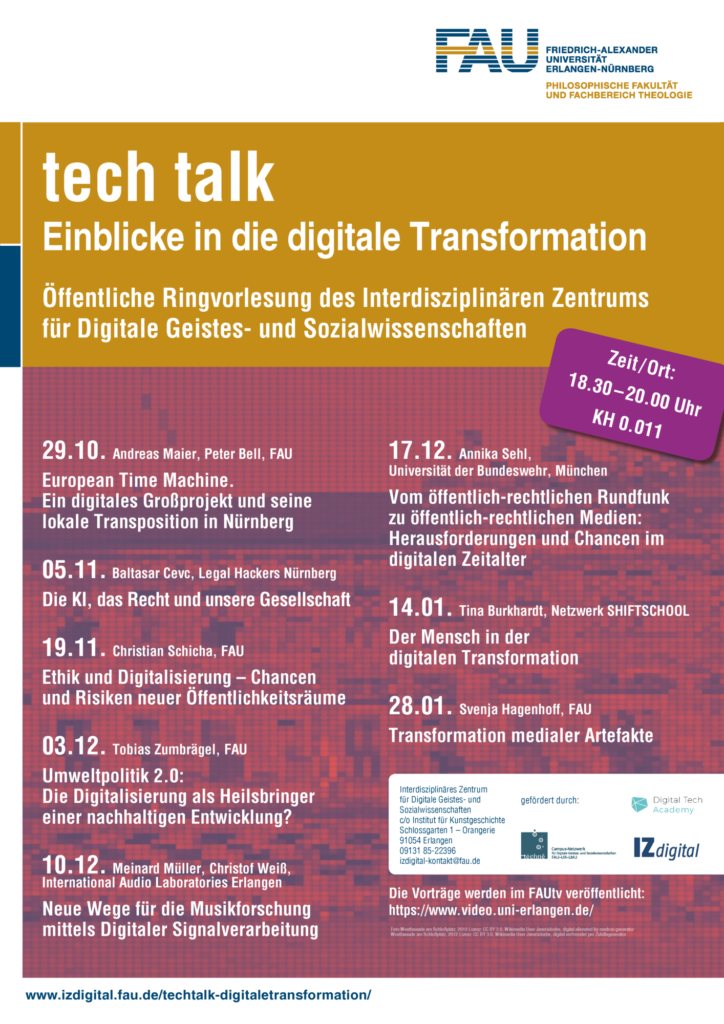
-
Final conference “Objects on the Net”
The final conference of the project “Objects on the Net. Digitisation and Dynamisation of the Collections of the University of Erlangen-Nuremberg” is dedicated to the questions, challenges and opportunities of the digital documentation of objects.
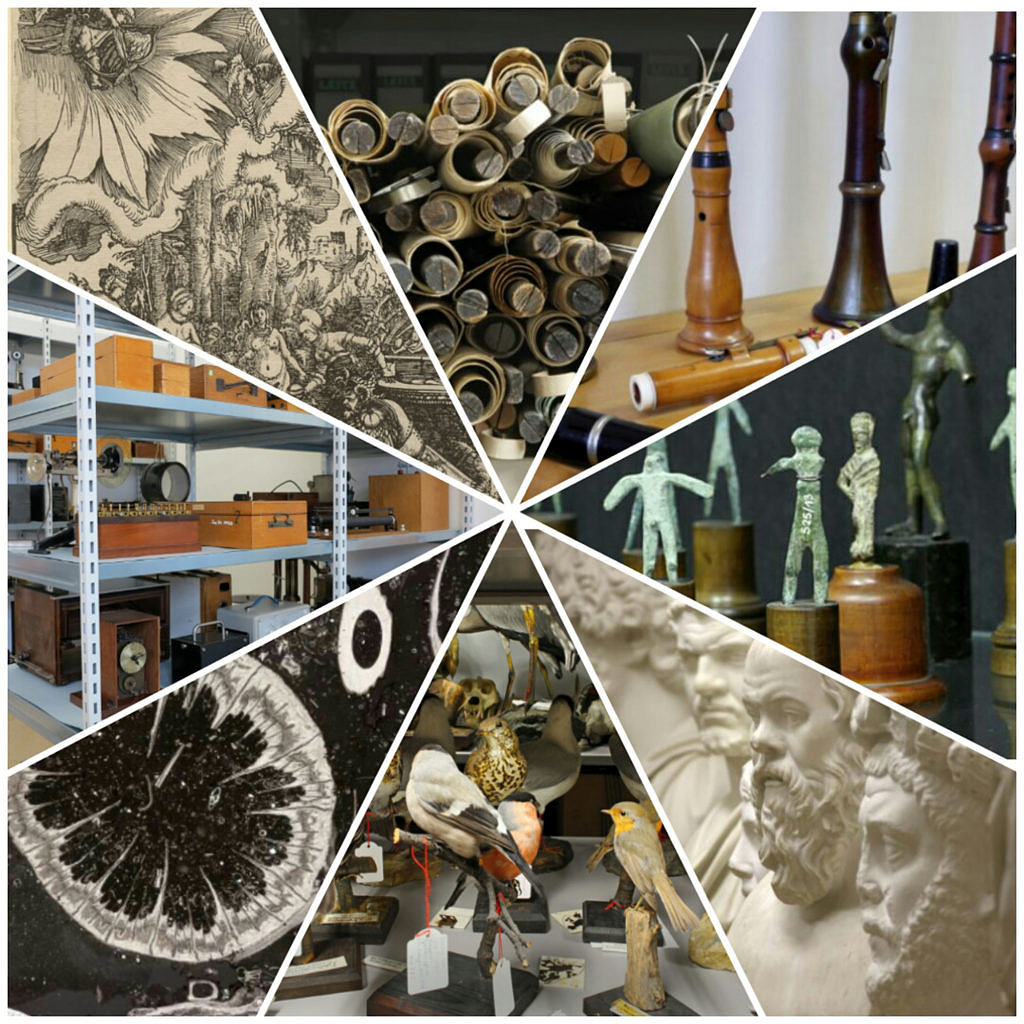
-
Guest lecture by Torsten Veit on Gephi
Torsten Veit uses historical and spatial network research to create hypotheses that suggest formal affinities to other stucco artists of the time in order to locate Graff’s work and his company in the cosmos of Wessobrunn stucco artists’ oeuvres. For this purpose he uses the programs Gephi and QGIS.

